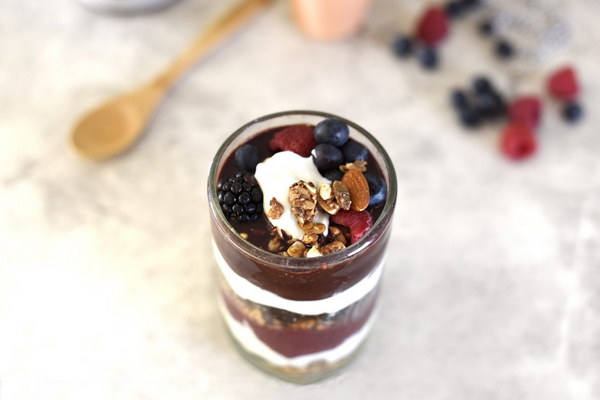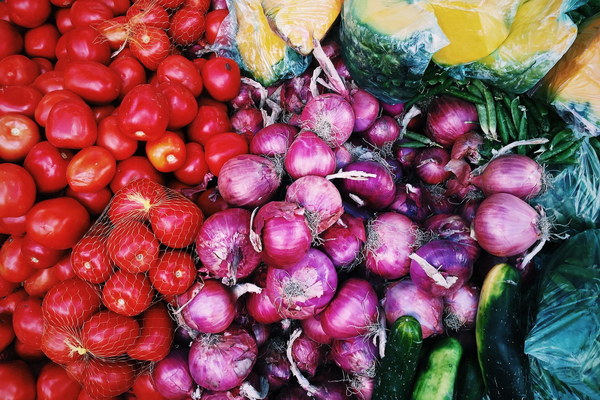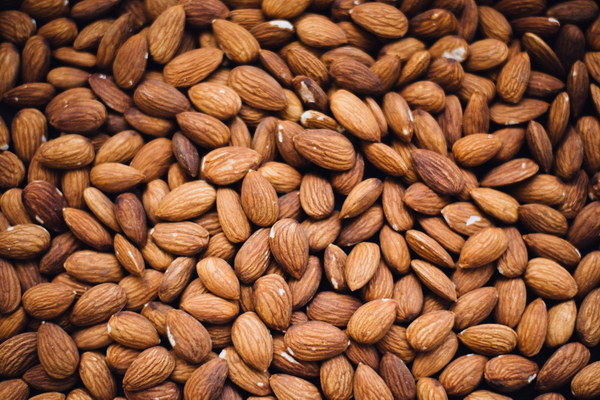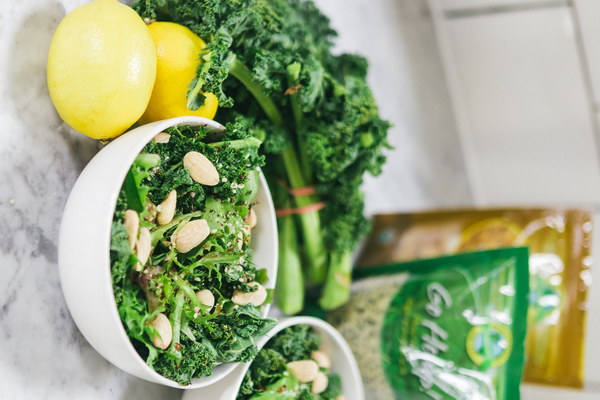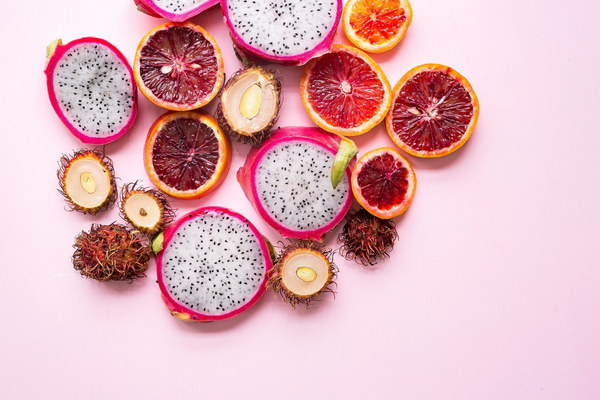Top Foods for Eye and Kidney Health What to Eat for Better Vision and Nephroprotection
Top Foods for Eye and Kidney Health: What to Eat for Better Vision and Nephroprotection
Maintaining good eye and kidney health is crucial for overall well-being. These vital organs play significant roles in our body's functions, and their health can be influenced by what we eat. In this article, we will explore the top foods that are beneficial for both eye and kidney health, helping you make informed choices to support your vision and renal health.

1. Leafy Greens for Eye Health
Leafy greens such as spinach, kale, and collard greens are rich in antioxidants like lutein and zeaxanthin, which are essential for protecting the eyes from macular degeneration and cataracts. These nutrients help filter harmful blue light and protect the retina.
Spinach is not only a powerhouse of vitamins and minerals but also contains high levels of lutein and zeaxanthin. Regular consumption of spinach can help maintain eye health and reduce the risk of age-related macular degeneration.
Kale is another leafy green that offers numerous health benefits. It is packed with vitamins A, C, and K, as well as antioxidants that support eye health. Incorporating kale into your diet can help improve vision and reduce the risk of eye diseases.
2. Berries for Antioxidant Support
Berries, including strawberries, blueberries, and blackberries, are rich in antioxidants and flavonoids that have been shown to protect against oxidative stress and inflammation, which can damage the kidneys and eyes.
Strawberries contain high levels of vitamin C, which helps protect the eyes from UV radiation and supports overall eye health. They also have anti-inflammatory properties that can benefit kidney health.
Blueberries are well-known for their antioxidant content. They contain compounds that may help reduce the risk of age-related macular degeneration and cataracts. Additionally, blueberries have been shown to improve kidney function and reduce the risk of kidney disease.
3. Fish for Omega-3 Fatty Acids
Fish, especially fatty fish like salmon, mackerel, and sardines, are an excellent source of omega-3 fatty acids, which are beneficial for both eye and kidney health.
Omega-3 fatty acids have anti-inflammatory properties that can help reduce the risk of kidney disease and protect against oxidative stress. They also support eye health by promoting the health of the retina and reducing the risk of macular degeneration.
4. Nuts and Seeds for Healthy Fats
Nuts and seeds, such as almonds, walnuts, chia seeds, and flaxseeds, are rich in healthy fats, antioxidants, and nutrients that support kidney and eye health.
Almonds contain vitamin E, which is an antioxidant that protects the eyes from UV radiation and may help reduce the risk of cataracts. They also have anti-inflammatory properties that can benefit kidney health.
Walnuts are an excellent source of omega-3 fatty acids, making them beneficial for both the eyes and kidneys. They also contain antioxidants that can help reduce oxidative stress and inflammation.
5. Garlic for Anti-Inflammatory Benefits
Garlic is a flavorful spice that has been used for centuries for its health benefits. It contains compounds that have anti-inflammatory properties, which can help protect both the eyes and kidneys.
Consuming garlic regularly may help reduce the risk of kidney disease by lowering blood pressure and improving kidney function. It can also benefit eye health by reducing the risk of cataracts and macular degeneration.
6. Water for Hydration and Kidney Function
Proper hydration is essential for kidney health. Drinking plenty of water helps flush out waste products and toxins from the kidneys, reducing the risk of kidney stones and other kidney problems.
While water is not a food, it is an essential component of a healthy diet and should be consumed in adequate amounts to support kidney function and overall health.
Conclusion
By incorporating these foods into your diet, you can help support both your eye and kidney health. Remember that a balanced diet, regular exercise, and maintaining a healthy lifestyle are key factors in promoting overall well-being. Consult with a healthcare professional for personalized dietary advice and to ensure that any dietary changes are appropriate for your specific health needs.



